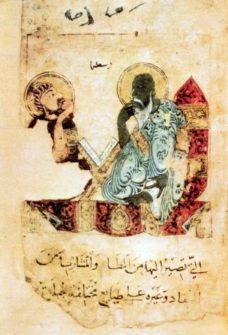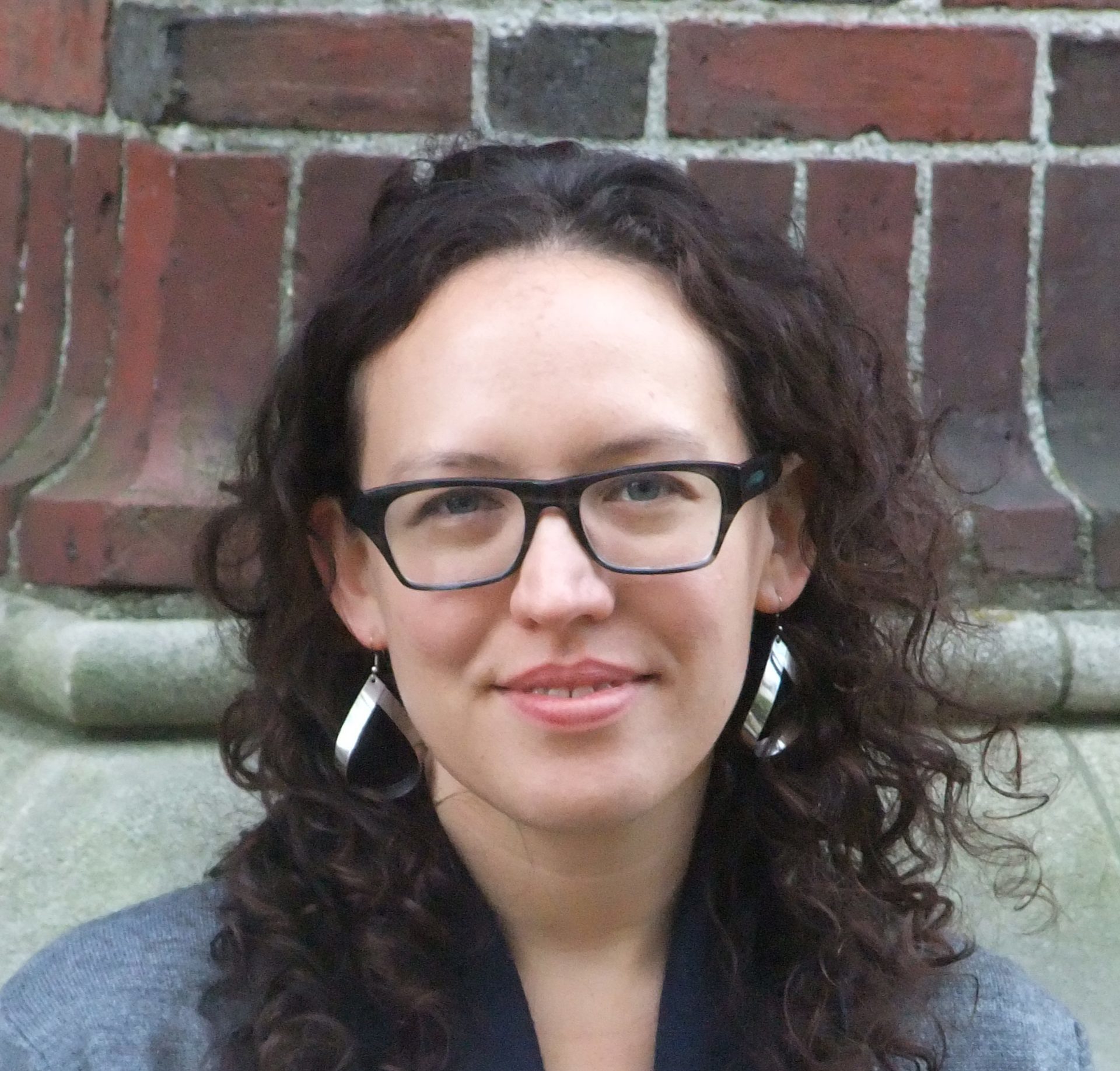
To think about (continental) philosophy of religion of religion and decoloniality calls for a critical interrogation of the very category philosophy of religion. Does philosophy of religion name a genre of thought or a delimited tradition? Can it be more broadly conceived to encompass modes of critical theorizing that have not heretofore been considered part of the field? We believe it is possible and valuable to apply the categorical designation philosophy of religion to anti-colonial projects that will rearrange the epistemological assumptions of much of the work carried out under that heading. This project requires accounting for the dual forms of violence that define Euro-descended Christianity by its Others while also paradoxically claiming to represent and speak to humanity in its totality. These claims, today as in centuries past, are only coherent if the non-European and non-Christian are understood as less than human. The loftiest and most basic forms of human valuation are thus directly connected: those said to do “philosophy” are those who (really) count as human.
Philosophy of religion’s relationship to race and coloniality is also tightly connected to European understandings of the term “philosophy,” which took shape in the eighteenth century and continue to be prevalent today. The dominant understanding and definition of philosophy developed then has a particular genealogy that was born out of the modern imaginary of the west. The claim that philosophy has Greek roots intentionally portrays Europe as the first and greatest agent of critical and rational thinking and relegates non-western traditions of philosophical thinking to culture and religion. Greek thought is taken as the forebear of universal norms and ideals of science, medicine, aesthetics, ethics, and politics (democracy), all of which reflect the universal progress of history, while non-western traditions are identified as lacking rational rigor and critical perspective, and therefore universal relevance. (It should be noted that the tightly intertwined modern definitions of race and religion are based on distinct yet related civilizational hierarchies; we address this confluence in more depth in the introduction to our forthcoming volume Beyond Man: Race, Coloniality, and Philosophy of Religion).
This philosophical lineage relies on a number of distortions, oversimplifications, and erasures. In Isonomia, Kojin Karatani displaces these age-old assertions of western metaphysics’ and political philosophy’s claims of Greek origin by identifying their origin in Ionia, an ancient Greek colony in Anatolia. The reduction of philosophy’s root to a single European origin also underestimates the long and persisting influence that Arabic-Islamic thought had on western philosophy during the Middle Ages. The thirteenth-century Arabic-Latin translation movement had significant impact on the formation of European disciplines of science and the humanities, particularly in natural philosophy, metaphysics, logic, and ethics. Indeed, it was Ibn Rushd’s (Averroes) original reading of Aristotle that reintroduced Aristotle to Europe. Rushd’s influence persists widely through the western philosophical tradition, most notably in the work of Spinoza. However this history is usually downplayed in intellectual genealogies.
Before the eighteenth century, it was common for philosophers to attribute philosophy’s origin to places outside of Europe such as India, Egypt, China, and Persia. According to Robert Bernasconi, the eighteenth-century reinvention of philosophy as a Western tradition was due to a specific concern that needed to be addressed: the existence of what seemed like philosophy in China. It was around this time period that historians of ideas began to deny the existence of philosophy in Africa and Asia. While religion had previously been a marker of civilization, it became a category used to distinguish non-European spiritual cosmologies from the rational operations of philosophy.
This is not simply a matter of exposing the racist moments tainting an intellectual history, but of understanding the extent to which philosophical claims are inseparable from questions of narrative, context, and power. The field of philosophy as commonly recognized has retained relative immunity to the various challenges emerging from global geographies of power and knowledge. A similar tendency prevails in radical philosophical (neo-Marxist and postmodern) critiques of modernity and capitalist globalization when Europe remains the sole agent and reference of knowledge production. As Santiago Slabodsky rightfully insists in his essay published earlier in the series, “not every radical philosophy is decolonial.”
Scholars working within more normative bounds of philosophy of religion do attempt to apply and revise its texts and authors for present contexts. Some have, in search of an alternative to rationalism, turned to Spinoza’s monism or to the existential-phenomenological tradition. Phenomenology’s (and deconstruction’s) contributions to analyzing the limitations and potential of western philosophy cannot be underestimated. The problem is that they are often viewed as solutions to the limitations and epistemic violence of western metaphysics (this is especially the case when the reception of these works is devoid of analytics of power). The religious turn in continental philosophy, concepts of pluralism and secularity, and comparative studies that displace the universality of Christian thought, have garnered significant attention in philosophy of religion over the past two decades. Its relevance for addressing issues of ecology, social inequality, democratic theory, and religion’s place in politics is argued as both a defense of and challenge to the field’s accumulated ways of producing knowledge.[1] These are all important initiatives to rework the sedimented habits of thought and argument that tightly guard the boundaries of philosophy of religion. Yet even among these more recent works, the basic canon of thinkers and texts is left relatively untouched.
Questioning the normative status of the term philosophy and attempting to reclaim and decolonize the term itself involves deconstructing the racist history haunting the archive of philosophical canons. Underlying this problem, however, is the epistemic edifice that sanctions exclusion and hierarchy. This edifice is inseparable from the European colonial ideology driven by imperialist desires and racist worldviews. This same gatekeeping labels philosophers from outside the traditional Continental canon as theorists, critics, artists, writers, poets—at best, thinkers. Philosophy as a concept and as a field self-segregates from the analytics of power, a key tool of analysis that is crucially relevant across the broader humanities and social sciences.
Questioning the normative status of the term philosophy and attempting to reclaim and decolonize the term itself involves deconstructing the racist history haunting the archive of philosophical canons.
To question the validity as well as the effects of epistemic hierarchies on centuries of scholarship and politics intervenes in—and performs, actually constitutes—philosophy of religion. We do not aim to secure the comprehensiveness of philosophy of religion by adding to its competencies issues of race and coloniality. Rather, we would argue for their centrality in reading and interpreting the normative tradition. To read decolonially is to undo certain possibilities of approach, even as one offers others. There are numerous examples of philosophers from the Global South whose works have made invaluable contributions to decolonial philosophy of religion, even when their work does not go by that name. Gloria Anzaldúa, Enrique Dussel, Aimé Césaire, Frantz Fanon, Sylvia Wynter, Albert Memmi, and María Lugones are just a few among many others who inspire our work of reconfiguring philosophy of religion in the Americas. Our endeavor to engage their work is reflected in our previously mentioned forthcoming co-edited volume. There are, moreover, many who have already begun the work of decolonizing philosophy of religion in ways that inspire, complement, and intersect with our work.[2]
In Postcolonial Philosophy of Religion, editors Purushottama Billimoria and Andrew Irvine suggest that philosophy of religion as a form of knowledge must be reconfigured to account for, respond to, and address the experiences of colonized people (4–5). Yet the relationship between knowledge and experience is precisely what is at issue. Decolonizing philosophy of religion cannot be a straightforward matter of inserting “experiences” of colonized and racialized persons to qualify or even determine the content and propositions of philosophical work. A more fundamental and epistemologically oriented examination is needed. We should instead ask how philosophy of religion is itself a colonialist project, and what other options develop among those who not only experience racism and colonization but also actively work against their ways of seeing and shaping the world.
[1] See, for example, the work of Molly Farneth, Jeremiah Hackett and Jerald Wallulis, Tyler Roberts, and Kevin Schilbrack.
[2 Just to name a few, George “Tink” Tinker, Sylvia Marcos, Mayra Rivera, Gil Anidjar, J. Kameron Carter, Nelson Maldonado-Torres, Souleymane Bachir Diagne, and Santiago Slabodsky.


